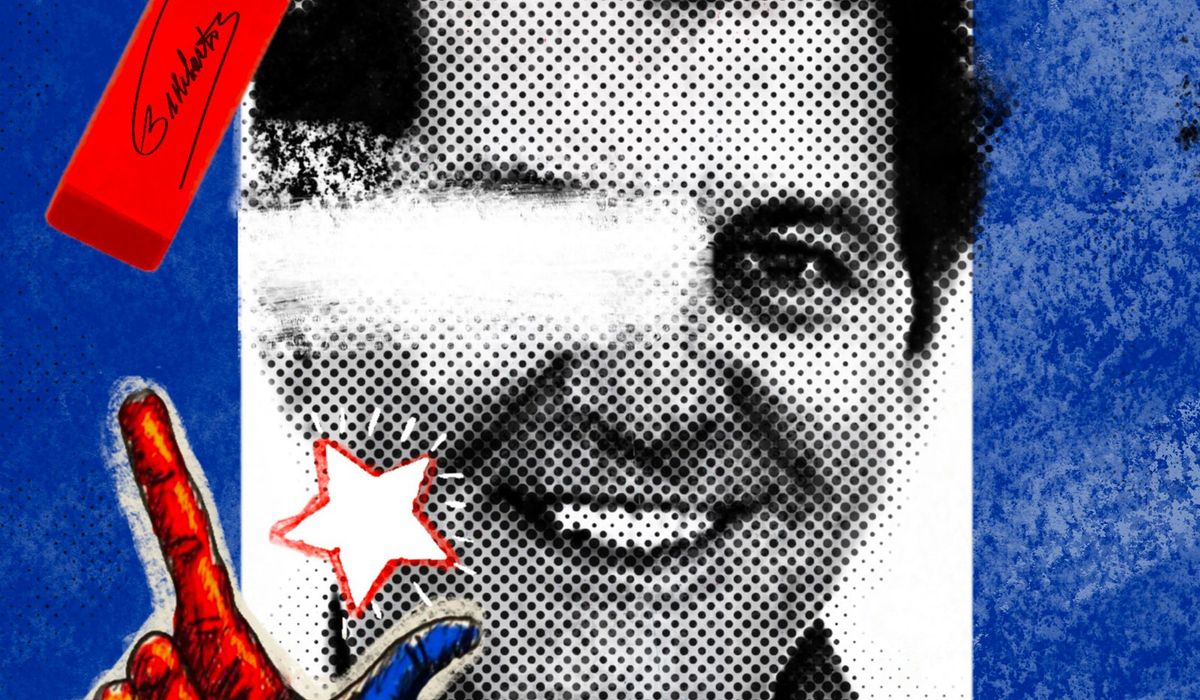OPINION:
Names are important. They carry identity, meaning and tradition. As a building block of language, names enable us to communicate with others. More importantly, names build a sense of history and shared memory.
But what happens when a name is erased from history? The communist Cuban regime is trying to do just that to the legacy of Oswaldo Paya Sardinas.
We must not let them.
One of the most famous Cuban opposition leaders, Paya was a husband, father of three, and founder of the Christian Liberation Movement. He was a brave, pro-democracy activist and leader for the Cuban people, giving a voice to millions oppressed on the island nation.
On the night of July 22, 2012, Paya and fellow activist Harold Cepero were killed while driving home from a rally.
Paya was a target of the Cuban dictatorship because he was an effective, tireless advocate of religious liberty and representative government.
The regime claimed the deaths were the result of a simple car crash. But Paya’s family knew the truth: He was murdered for daring to speak out.
Last month, the Inter-American Commission on Human Rights issued the long-awaited results of an inquiry into the events of that fateful night. The report conclusively states what the free world has long feared: The Cuban regime is responsible for the deaths of Paya and Harold Cepero and the ongoing persecution of Paya’s and Cepero’s families.
Their sacrifice is another harsh reminder that the brutal Cuban regime has no reverence for life, dignity, or human rights.
Paya’s daughter, Rosa Maria, has taken up her father’s mission fighting for the rights of all Cubans and ensuring that we never forget the sacrifice that her father and many others made in the struggle. She has since founded Cuba Decide, a citizen initiative working toward a future in which the Cuban people will be able to democratically choose their own government.
Sadly, the communist regime in Havana has no intention of giving up its oppressive hold on power.
On July 11, 2021, and in the subsequent days, a series of peaceful demonstrations swept the nation. Communist officials responded to the uprising, now known as 11J, with the highest rates of repression recorded in years.
Thousands of Cubans were arbitrarily arrested while the regime blatantly tortured activists and their families.
To this day, 1,048 11J protesters are still being held as political prisoners.
The free world is morally obligated to hold the Cuban regime to account.
We can start by making it impossible for the communists to erase Paya’s name from history.
Renaming the street in front of the Cuban Embassy in Washington “Oswaldo Paya Way” will be our way to ensure that Paya’s legacy — and the legacy of the countless other Cubans who have stood against Havana’s abject tyranny — live on.
It will also be a permanent reminder that, due to the work of courageous activists such as Oswaldo Paya, the regime’s days are numbered, and the Cuban people will be free.
• Mario Díaz-Balart is a U.S. representative for Florida’s 26th Congressional District and serves as a senior member of the House Committee on Appropriations and as chairman of the State, Foreign Operations, and Related Programs subcommittee. Ken Pope is CEO of the Victims of Communism Memorial Foundation, an educational, research and human rights nonprofit organization devoted to commemorating the more than 100 million people killed under communism and more than 1.5 billion people still living under communist regimes.


